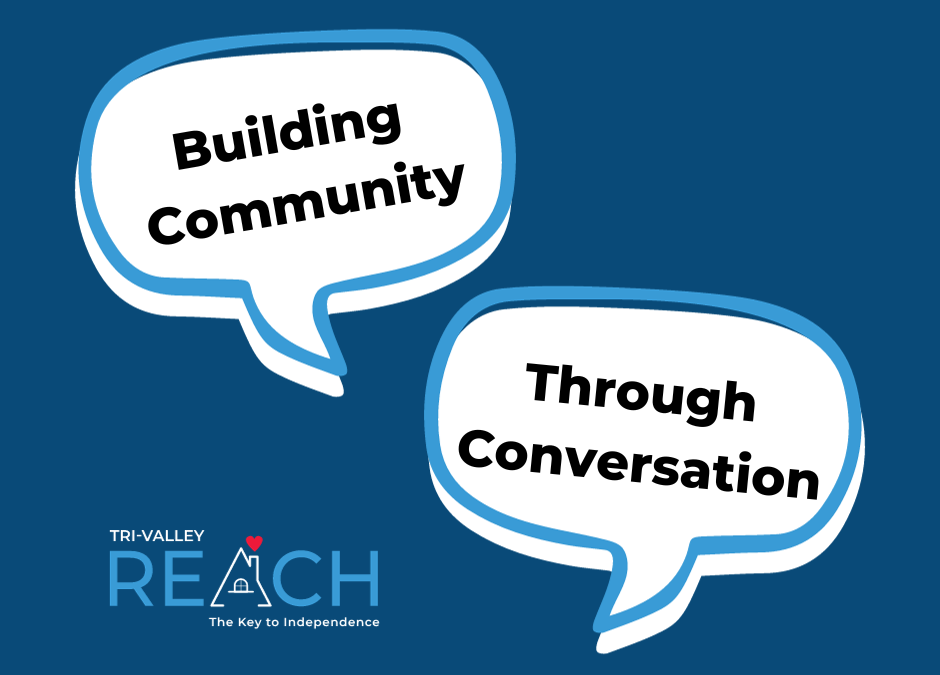Making the Holidays Joyful for All
The Winter holiday season can be a time of joy, excitement and wonder. Regardless of what you celebrate, it often means a festive atmosphere along with increased exposure to large gatherings, additional visual stimuli, and increased social expectations. While some of us may thrive on some or all of these elements, others, especially our Neurodivergent family members, friends, and peers, may find this overwhelming, unsettling, painful, or simply unpleasant.
What can we do?
There are steps we can take to help our Neurodivergent family members, friends and peers feel comfortable with the many changes around the holiday season.
- Minimize decorations to reduce visual overwhelm: The increase in visual stimuli can be disorienting and distracting to some people. Flashing lights can be especially disorienting and can also trigger seizures in people with photosensitivity, in particular, epilepsy. If you know that a family member or guest is sensitive to visual stimuli, reducing lights is a simple fix.
- Provide a quiet space to decompress and get away from the noise, people and visual stimuli during gatherings: Providing a quiet space for your guests to go to regulate or just take a break can go a long way. Sometimes, people just need a few moments to themselves in order to recharge and return to the gathering. This is another simple thing that can be done to provide comfort to your guests.
- Reduce social expectations: Remove requirements to join every activity and communicate this clearly to all individuals. For example, if there are two activities in the same day (i.e. a family football game and dinner), make it clear that these are optional. This allows everyone to choose the activities that are comfortable for them, thereby reducing anxiety. For example, if holiday sweaters are a tradition, it’s okay to make it clear that this is optional. Some people may feel uncomfortable with the added attention of wearing this type of garment, and others may have trouble with the comfort, fit, and feel of a sweater.
Attending large gatherings like concerts and religious services or sitting for long dinners are also activities that can be made optional for those who find these events uncomfortable. Opening gifts is another social expectation that can be uncomfortable for some people. It can cause anxiety around how to act or what to say if someone receives a gift that isn’t a good fit for them. Providing a choice of opening the gifts in private may be helpful for some. - Food: Food can be an area of sensitivity for many people, not just Neurodivergent individuals. The holidays often include a host of “special occasion” food. This can cause anxiety for people with sensitivities to taste, smell and texture who may worry about their own adverse reactions to these foods. Providing a variety of foods, including any known “safe” foods for your guests, can help everyone feel welcome and comfortable.
The Takeaway
The holiday season is a great time to strengthen our connections with our family and friends. Understanding that everyone experiences the various aspects of the holidays differently is the key to making our loved ones and peers feel comfortable with the additional stimuli and expectations that go hand in hand with the holiday season. Making simple changes and providing autonomy of choice are instrumental factors in making your guests feel comfortable during the holidays. If you don’t know what changes or accommodations someone may need, remember, just ask!


